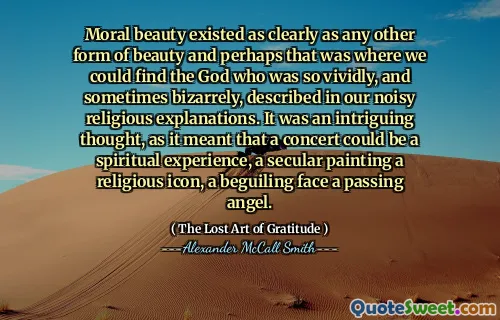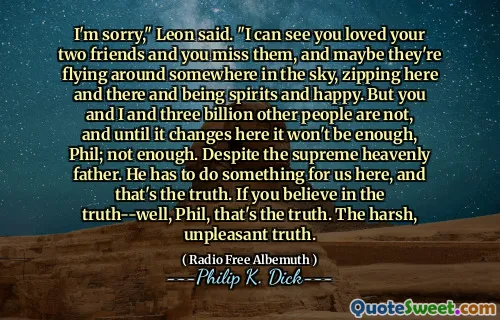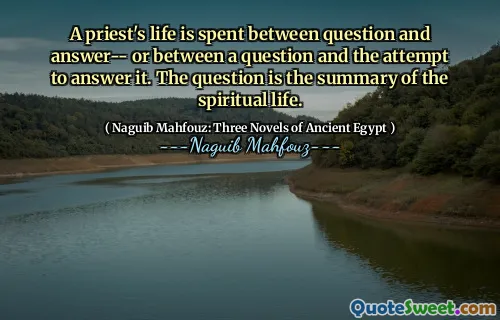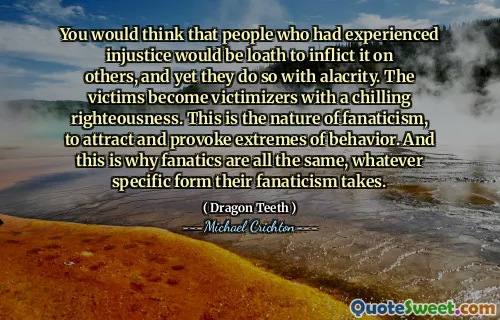He did not wish to be divine. If there had never been a God, the emperor thought, it might have been easier to work out what goodness was. This business of worship, of the abnegation of self in the face of the Almighty, was a distraction, a false trail. Wherever goodness lay, it did not lie in ritual, unthinking obeisance before a deity but rather, perhaps, in the slow, clumsy, error-strewn working out of an individual or collective path.
The emperor struggles with the concept of divinity, believing that the existence of God complicates the understanding of goodness. He reflects on how worship and self-abnegation can distract individuals from discovering true moral values. Instead of following rigid rituals and blindly obeying a deity, he suggests that goodness is found in the imperfect journey of individuals or communities striving to find their own moral path.
This perspective emphasizes the importance of personal growth and understanding over mere adherence to traditional religious practices. The emperor feels that an introspective exploration of morality may lead to a more genuine connection with goodness than preordained worship could offer.





